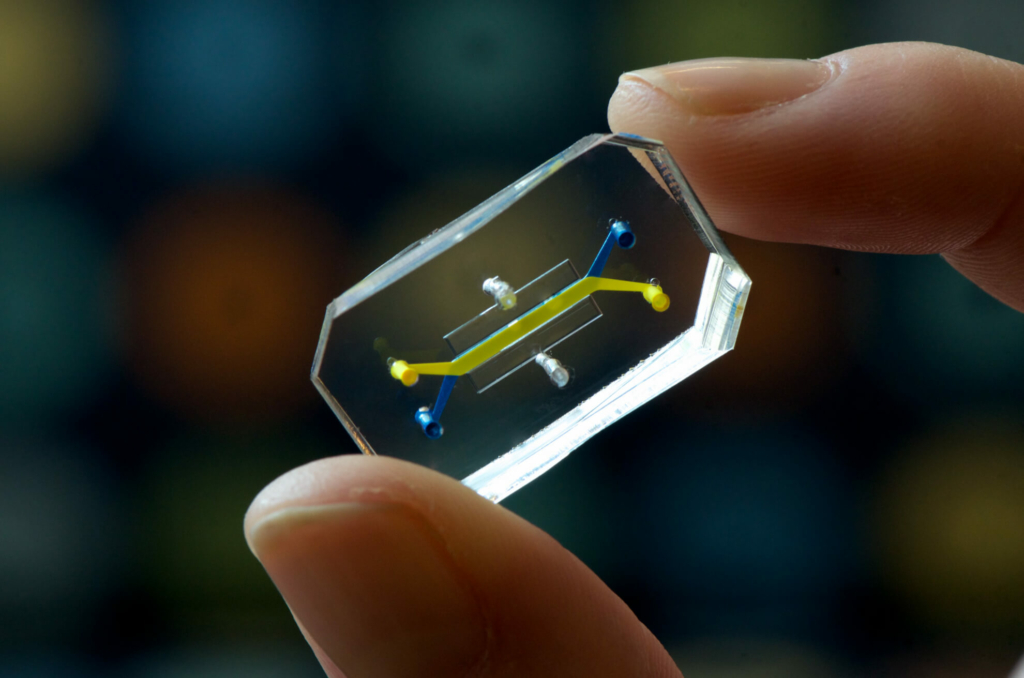The clinical research process relies on the expertise of a medical monitor to oversee the safety aspects in a clinical trial. Medical monitors ensure the safety and integrity of the trial subjects throughout the trial, from the initial design of the study to the final close-out.
A medical monitor acts as the point of reference for study team members and investigative sites and determines how to evaluate safety events within a clinical trial.
With this high level of responsibility, using an experienced contract research organization (CRO) like Vial to hire skilled personnel relieves sponsors of one of the most challenging aspects of setting up a trial: finding the right medical monitor.
Medical Monitor Expertise
Medical monitors must have an MD or PharmD degree and strong leadership skills to monitor the safety of a clinical trial. In addition, most medical monitors have specialized training related to clinical research and the pharmaceutical industry.
Since medical monitors answer questions from investigators, study coordinators, regulatory personnel, and other clinical study team members, they need medical and study-specific knowledge. Medical monitors not only train staff in how study specific indications, but they also keep up with the subject participation of the trial to offer support and guidance.
Developing Clinical Trials
From the outset of a clinical trial, the medical monitor plays a crucial role in its development. Medical monitors provide input on the protocol’s design and create the medical monitoring plan utilized for safety procedures throughout the trial.
In addition to the training of the project’s team on the trial’s protocol inclusion and exclusion criteria, they also work with investigators, site staff, and clinical teams to assist with questions on concomitant medications, medical conditions, and prohibited drugs.
A knowledgeable medical monitor efficiently expedites the process of starting up a clinical trial. Utilizing a CRO with expertise in placing the correct medical monitor on a study and offering guidance sets trials up for successful completion from the start.
Medical Monitors and Safety
Medical monitors provide round-the-clock emergency coverage on all safety-related matters. If an adverse event occurs, medical monitors determine how to code those events and work closely with the principal investigator whether unblinding is required.
It’s the medical monitor’s responsibility to review all safety-related data to track participants’ health and monitor for any potential issues.
Availability
Medical monitors work under the expectation that they are part of the core clinical project team. Typically, they attend investigator meetings, project team and sponsor meetings and keep themselves available for questions and concerns.
Vial: The Dermatology CRO
Vial’s Dermatology CRO supports both medical monitors and staff to ensure that no questions or concerns go unanswered. Through set processes and solutions and uniquely qualified medical monitors, clinical trials go smoothly and efficiently.
Vial CRO’s mission is to run clinical trials with faster execution and higher quality in order to bring new therapies to market. Vial has 100+ employees and is based in San Francisco, California. The CRO partners with Dermatologists to support their research teams. The Vial has a proven track record of working with leading sponsors in Dermatology, having run trials across common medical dermatology indications (Atopic Dermatitis, Psoriasis, Vitiligo, Alopecia Areata, Rosacea, Hidradenitis Suppurativa, Prurigo Nodularis among others) as well as Aesthetic Dermatology indications. Vial is a full-service CRO and runs trials from Phase I through Phase IV.
To learn more about the clinical research process and stay up to date on our latest blogs, follow Vial on LinkedIn or connect with a Vial team member.



